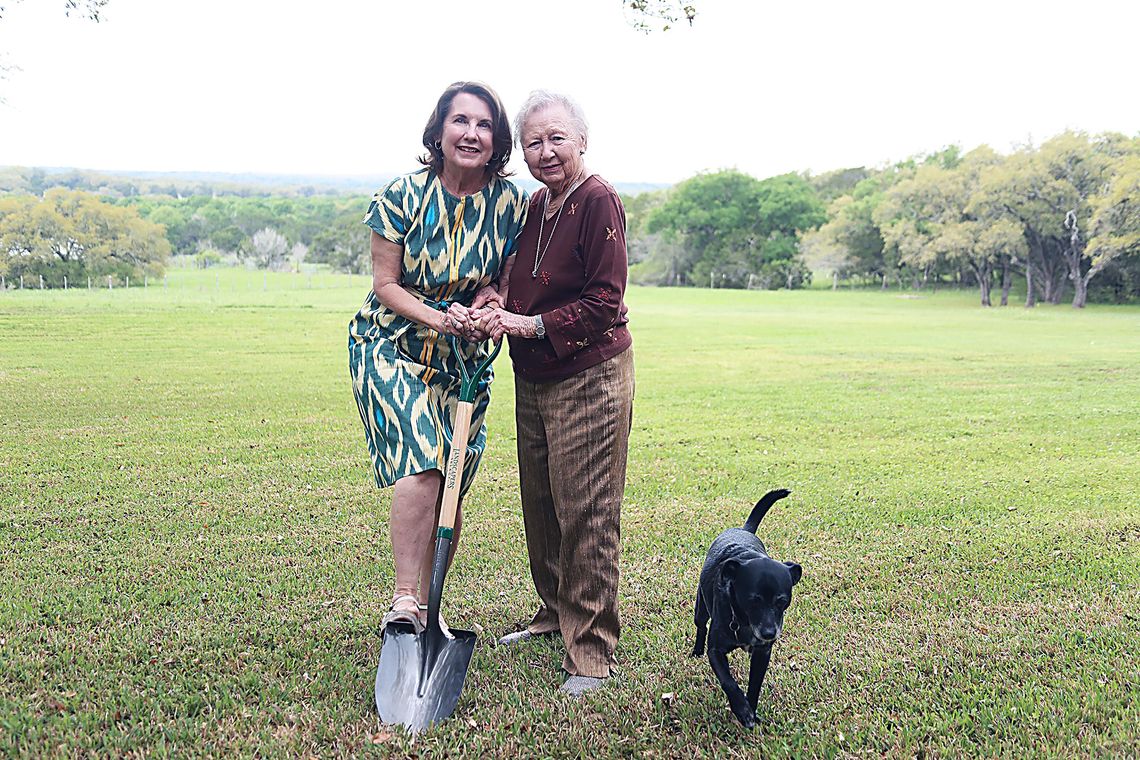The Hays-Caldwell Women’s Center (HCWC) recently broke ground on a project 20 years in the making.
The HCWC is a nonprofit that provides services, including counseling, advocacy, 24-hour crisis response and shelter to Hays and Caldwell county residents who are victims of family violence, dating violence, sexual assault and child abuse.
After several years, the HCWC has raised enough funds to break ground on the Transitional Housing Project that will offer victims of domestic abuse long-term affordable and safe housing. HCWC Director of Community Partnerships Melissa Rodriguez said they were ready to break ground after meeting their funding goal for the building earlier this year, but due to COVID-19 they had to postpone the ceremony.








